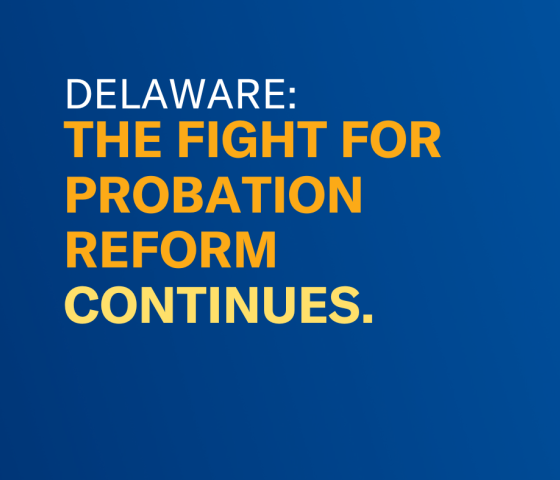Issues of clemency for Robert Gattis and the overturn of a 20 year old death sentence have put Delaware’s death penalty in the spotlight. This is an important moment for those who support repeal of the death penalty and an opportunity for you to get involved.
First, please consider signing the petition to stop the execution of Gattis. Next, make your opinion known by writing a letter to the editor of the News Journal. By taking these actions, you can have an impact.
Case for Clemency
In December, the state announced an execution date of January 20th for Robert Gattis. This would be the second execution in Delaware in less than six months. Since then, lawyers have prepared a strong case for clemency for Gattis that will be presented to the Delaware Board of Pardons and Governor Markell.
There are a number of compelling reasons to grant clemency for Gattis, including :
- The U.S. Supreme Court has said that the mitigating circumstances of the defendants life must be considered before imposing a death sentence. In this case, the history of sexual and physical abuse that Gattis suffered from a pre-school age were never fully considered by the jury or judge.
- Many who support the death penalty believe that some crimes are so heinous or abhorrent, that society is morally justified in demanding the perpetrator’s life. This is not the case with Robert Gattis. His crime of passion, informed by his mental illness, does not represent the worst of the worst.
- Since the killing of Shirley Slay over twenty-one years ago, Gattis has shown a great deal of remorse, rehabilitation and redemption.
Gattis’s execution date is set for January 20th . Please help stop the execution and sign the petition for clemency.
Death Sentence Overturned
Judge John. A. Parkins Jr. overturned the conviction of the second-longest serving inmate on Delaware’s death row due to lack of confidence in the evidence presented. Jermaine Wright could be set free after 20 years. Despite the evidence of a video-tapped confession Parkins determined that the evidence against Wright for the killing of Phillip Seifert was non-existent or weak. He holds:
- There was no physical evidence connecting Wright to the crime, nor could anyone pick him out from the lineup.
- During the confession, Wright was high on heroin and displaying odd behavior. He consistently got details of the crime wrong and changed his statements several times to match suggestions from his interrogators.
- Investigators withheld evidence from attorneys.
- Testimony from a jailhouse snitch was recanted since the original trial.
This is a great example of what can go wrong in death penalty cases. Speak out for repeal and help us stop another situation like this.
To learn more about these cases please see the Delaware News Journal article on Parkins and the AP article on Gattis.
